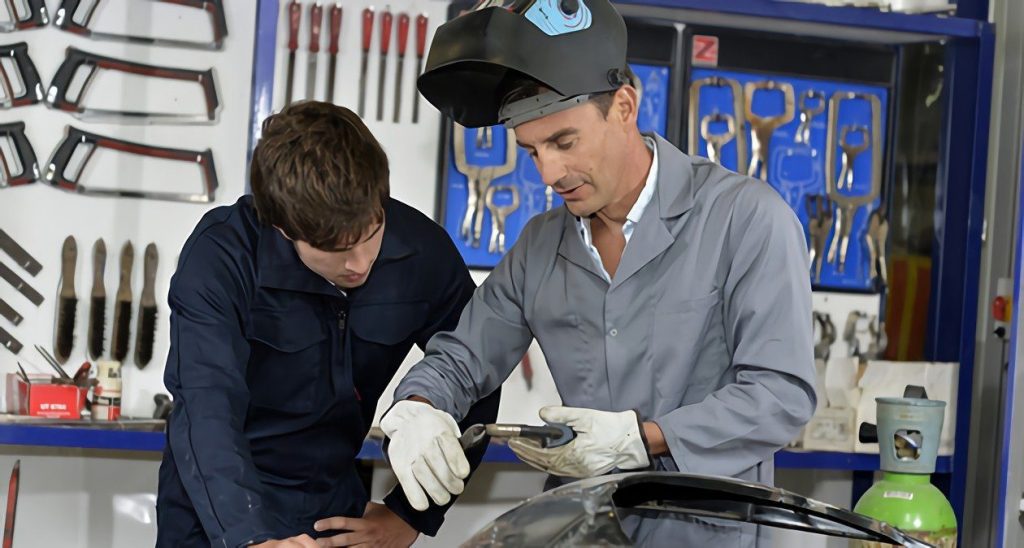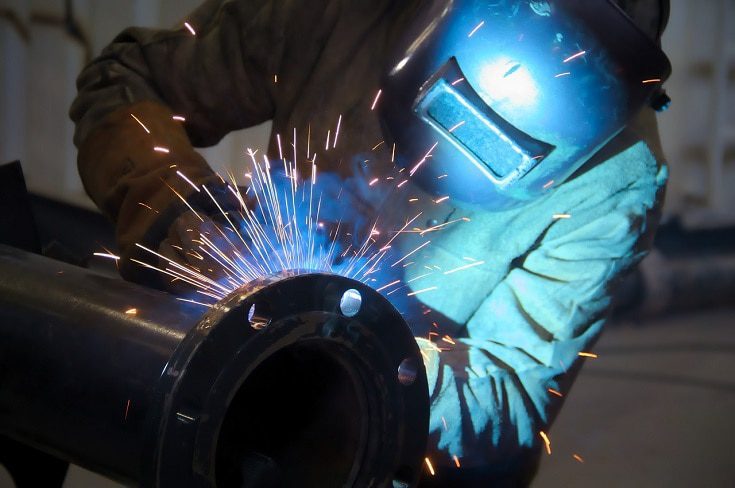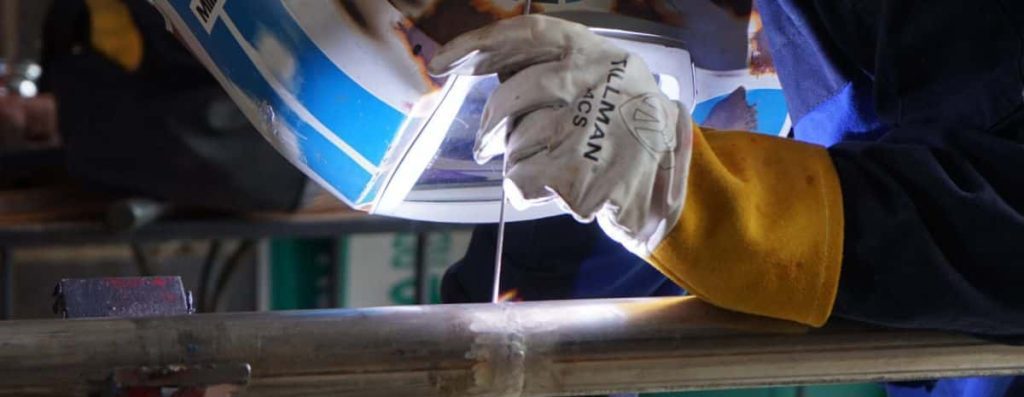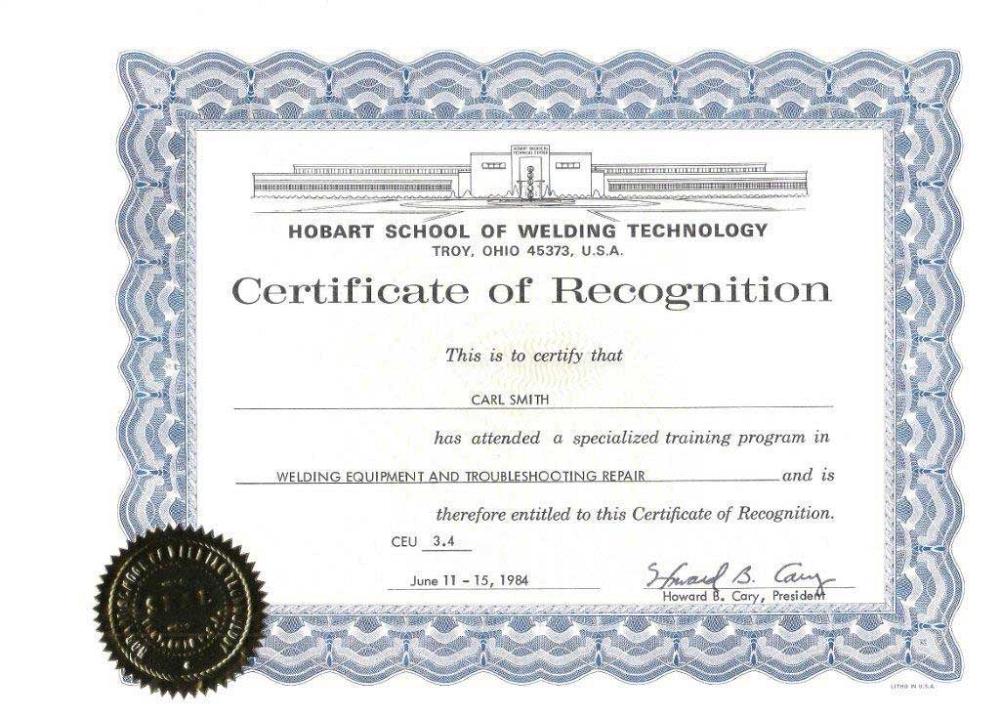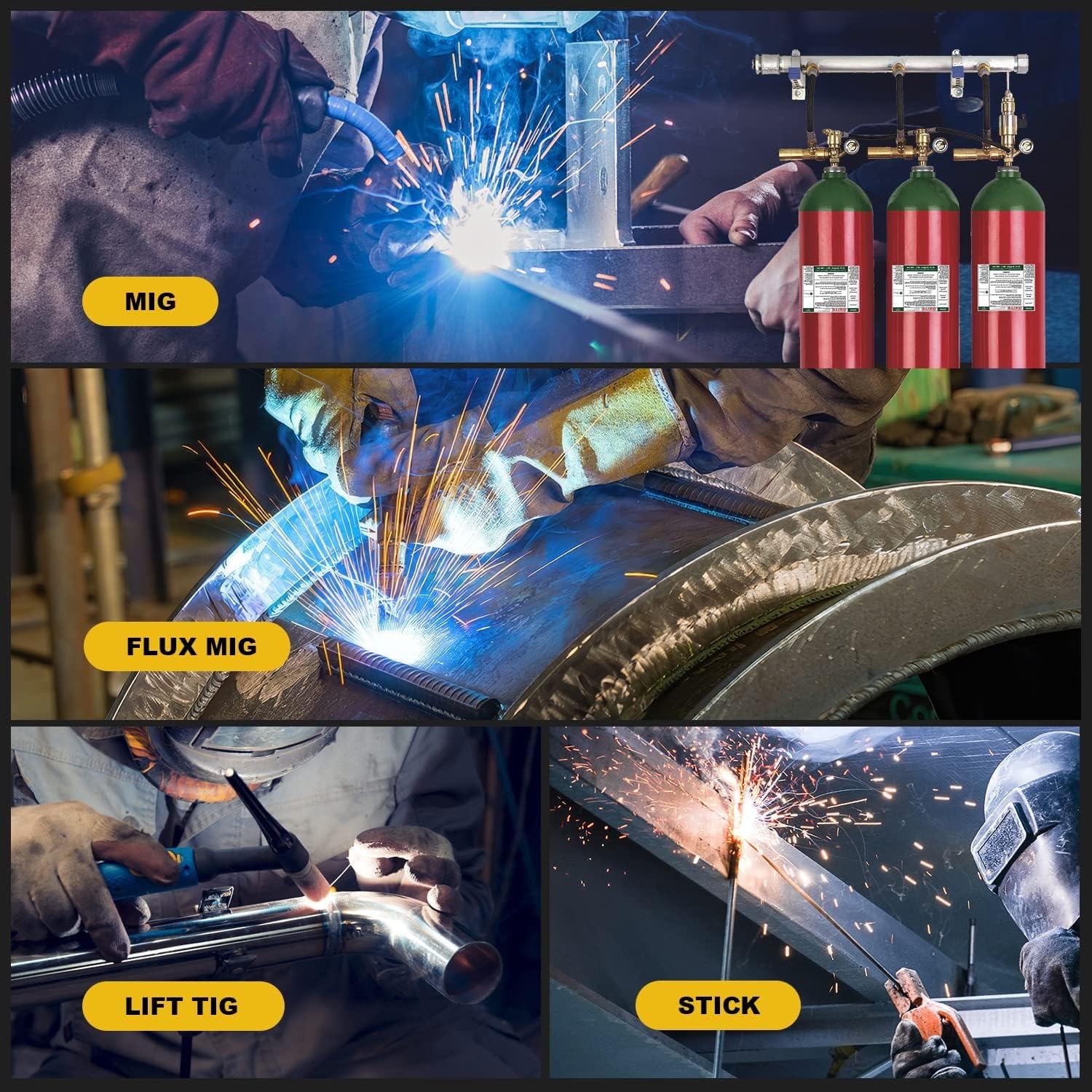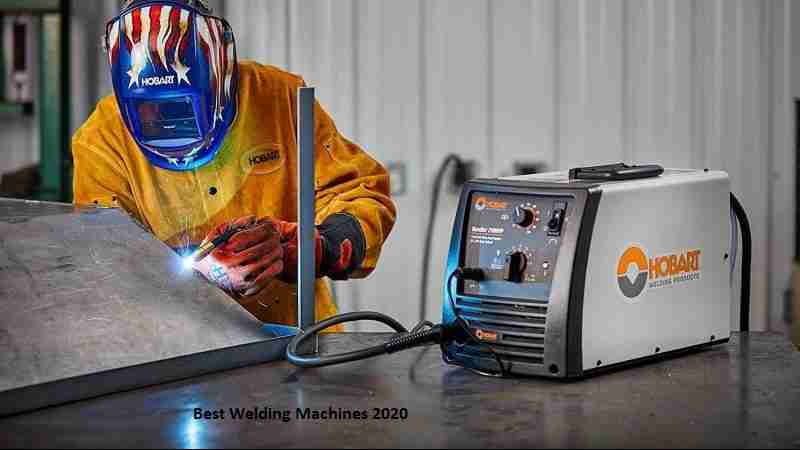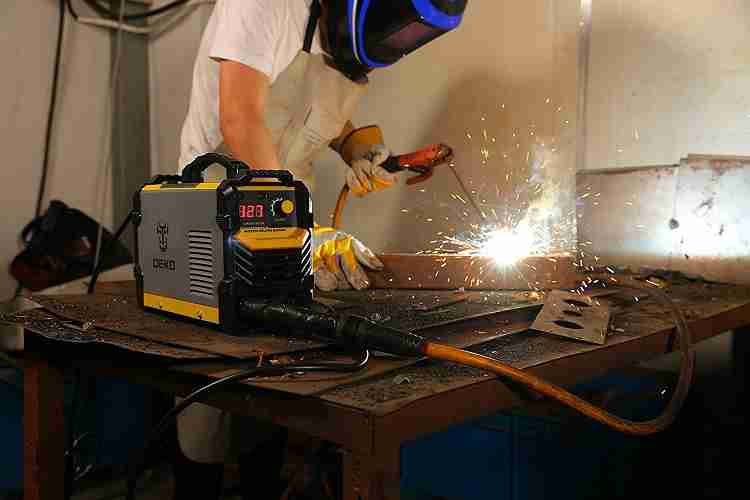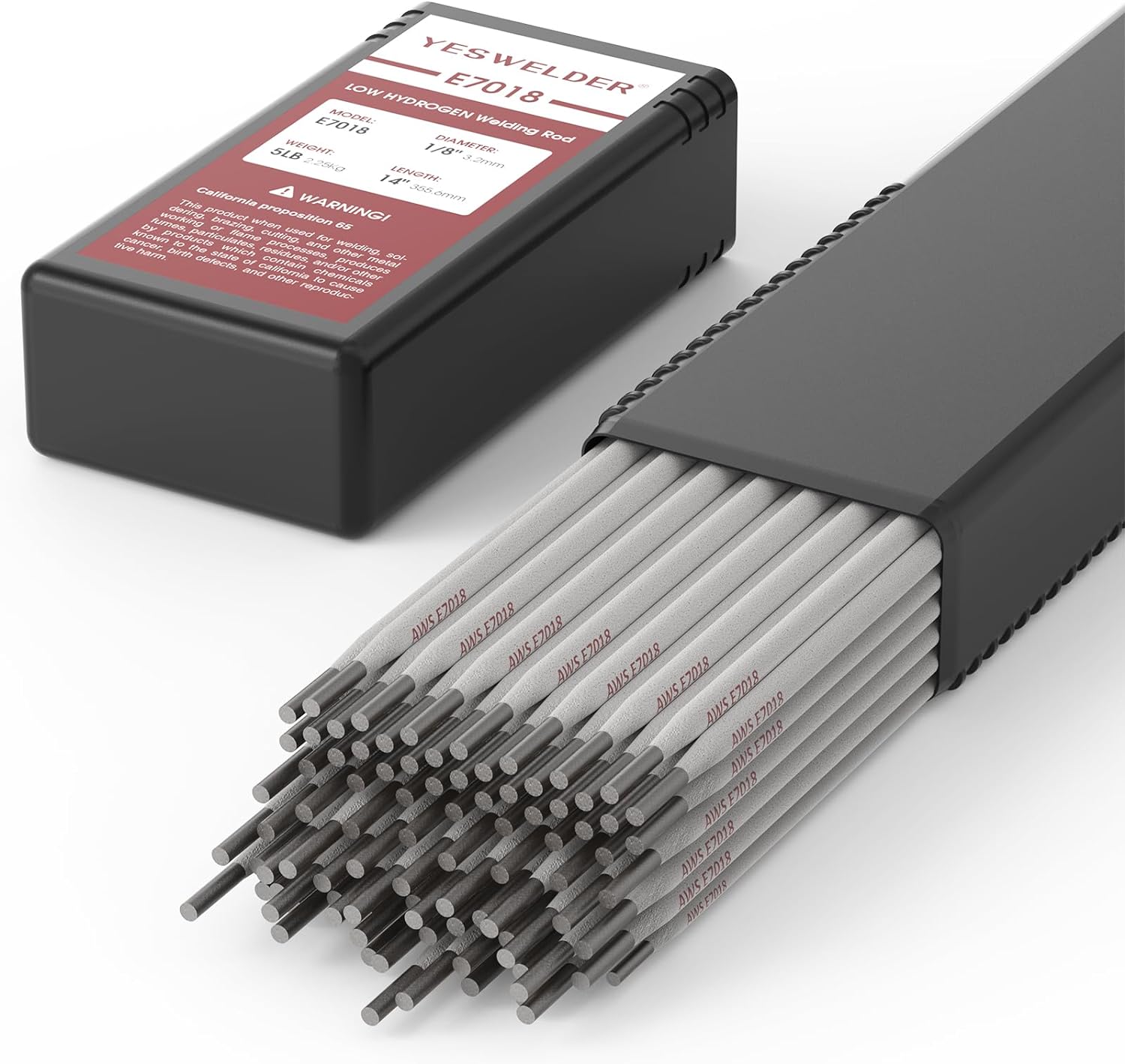If you’ve ever considered a career in welding, you may have wondered if it’s worth getting a degree in the field. Well, look no further for an answer! In this article, we’ll explore the benefits of obtaining a degree in welding and why it might be a worthwhile investment for your future. Whether you’re a budding welder or simply curious about the field, read on to discover why a degree in welding could be worth every penny.
Job prospects
High demand for skilled welders
If you’re considering a career in welding, you’ll be glad to know that the demand for skilled welders is high and continuously growing. From construction and manufacturing to aerospace and oil and gas industries, skilled welders are needed to ensure the integrity and durability of metal structures. As infrastructure projects continue to be developed, the need for skilled welding professionals becomes even more pronounced. This high demand translates into a plethora of job opportunities for those with the necessary welding skills.
Job security and stability
In a rapidly changing job market, job security and stability are crucial factors to consider when choosing a career path. Welding provides a sense of security, as the need for welders remains steady even during economic downturns. Industries rely on welding for various applications, including repair, maintenance, and construction. As long as there are metal structures, there will be a need for welders to keep them in good working condition. This stability offers peace of mind and allows you to build a long-term career in welding.
Opportunities for growth and advancement
Welding is a field that offers numerous opportunities for growth and advancement. Starting at an entry-level position, you can gradually gain experience and expertise, opening doors to higher-paying positions and increased responsibilities. With the right combination of skills and certifications, you can become a welding inspector, supervisor, or even open your own welding business. Additionally, as technology advances, new welding techniques and equipment are constantly being introduced, providing room for continuous learning and professional development.
Earning potential
Competitive wages
One of the major benefits of pursuing a career in welding is the potential for competitive wages. Skilled welders are in high demand, and this demand often drives up the pay rates in the industry. According to the Bureau of Labor Statistics, the median annual wage for welders, cutters, solderers, and brazers was $42,490 in May 2020, which is higher than the median wage for all occupations. With experience, certifications, and specialization, welders have the potential to earn even higher wages, making it a financially rewarding career.
Potential for overtime pay
Another factor that contributes to the earning potential in welding is the potential for overtime pay. Many welding projects often require extensive hours of work, especially in industries like construction and shipbuilding, where deadlines need to be met. Overtime pay can significantly boost your income and provide the opportunity to save or invest in your future. If you’re willing to put in the extra hours, welding can offer a pathway to financial stability and growth.
Specializations and certifications for higher pay
By acquiring specialized skills and certifications, welders can position themselves for higher pay rates. Welding offers a diverse range of specializations, such as underwater welding, pipeline welding, and aerospace welding, each with its own unique skill set. These specialized areas often involve more complex projects and higher levels of responsibility, which command higher wages. Additionally, obtaining certifications from recognized organizations showcases your competency and commitment to excellence, further increasing your earning potential.
Education and training
Comprehensive technical knowledge
Education and training play a crucial role in becoming a skilled welder. Pursuing a degree or diploma in welding equips you with the comprehensive technical knowledge required to perform various welding techniques effectively. You’ll learn about different types of metals, welding processes, and safety protocols. Understanding the theory behind welding ensures that you can make informed decisions and produce quality welds in various scenarios.
Hands-on experience
In addition to theoretical knowledge, practical hands-on experience is equally important in the welding industry. Many welding programs and technical schools provide opportunities for students to get direct experience through workshops, labs, and internships. Working under the guidance of experienced welders allows you to refine your skills, develop proper technique, and overcome challenges that may arise during the welding process. This hands-on experience is invaluable in helping you become a proficient welder.
Understanding of industry standards and regulations
The welding industry is governed by strict standards and regulations to ensure the safety and quality of welded structures. Through education and training, you’ll gain an understanding of these standards, such as the American Welding Society (AWS) codes, and learn how to comply with them. Familiarity with industry regulations not only ensures the safety of yourself and others but also enhances your professional reputation and employability. Employers value welders who are well-versed in industry standards and regulations, making your training a valuable asset in the job market.
Industry recognition
Credibility and professional recognition
Obtaining a degree in welding provides you with professional recognition and credibility within the industry. Having completed formal education and training demonstrates your commitment and dedication to your craft. Employers and clients value the expertise and knowledge that comes with a degree, which can open doors to more competitive job opportunities. Additionally, professional recognition allows you to network with other industry professionals, fostering collaborations and potential career advancements.
Higher career opportunities
A degree in welding not only opens doors to immediate job opportunities but also offers greater potential for long-term career growth. With a recognized qualification, you’ll be eligible for positions that require a higher level of expertise and responsibility. Whether it’s becoming a welding inspector, supervisor, or even an educator, a degree in welding can set you on a trajectory for a fulfilling and successful career.
Advantages in job applications and promotions
When it comes to job applications and promotions, having a degree in welding can give you a significant advantage over other candidates. Employers often prioritize candidates with formal education and training as it demonstrates a solid foundation of knowledge and skills. Additionally, a degree showcases your commitment to professional growth and continuous learning, qualities that employers value in potential employees. Whether you’re starting your career or aiming for a promotion, a degree in welding can enhance your prospects and make you stand out from the competition.
Job satisfaction
Creative and fulfilling work
Welding can offer a fulfilling and creative outlet for those who enjoy working with their hands. As a welder, you have the opportunity to shape and join pieces of metal, creating functional and often aesthetically pleasing structures. The act of transforming raw materials into finished products can bring a sense of satisfaction and pride in your work. Whether you’re building sculptures, architectural pieces, or repairing critical structures, welding allows you to showcase your creativity and craftsmanship.
Working with different industries and materials
Another aspect of job satisfaction in welding is the diversity of industries and materials you can work with. Welders are needed in various sectors, including construction, automotive, aerospace, and fabrication. This diversity opens up opportunities to work on a wide range of projects and collaborate with professionals from different backgrounds. From welding pipelines in remote locations to crafting intricate metalwork, each project brings its own set of challenges and rewards, ensuring that no two days are the same.
Opportunities to solve complex problems
Welding is not simply a job that involves joining pieces of metal together; it’s a profession that requires problem-solving skills. As a welder, you’ll encounter complex challenges that require critical thinking and innovative solutions. Whether it’s determining the right welding technique for a specific application, troubleshooting welding defects, or calculating the exact measurements for structural stability, solving these problems can be intellectually stimulating and rewarding. The ability to overcome obstacles and find solutions contributes to a sense of accomplishment and job satisfaction.
Versatility and transferable skills
Applicable skills across various industries
One of the advantages of pursuing a career in welding is the versatility of the skills you acquire. Welders develop a solid foundation of technical skills, including blueprint reading, mathematical calculations, and welding process knowledge, that can be applied across various industries. The ability to adapt and work with different materials and welding techniques allows you to transition between sectors and explore new opportunities. This versatility not only offers job security but also widens your range of potential career paths.
Ability to switch roles and industries
Welding provides the flexibility to switch roles and industries based on your interests and career goals. If you find yourself wanting to explore a different aspect of welding, such as welding inspection or education, your welding background can serve as a stepping stone. Additionally, the skills and knowledge you acquire as a welder can be valuable in adjacent industries, such as metal fabrication, engineering, or even robotics. The ability to switch roles and industries allows you to adapt to changing professional interests and find new avenues for growth and development.
Self-employment and entrepreneurial opportunities
For those who desire greater independence and autonomy, welding presents opportunities for self-employment and entrepreneurship. With the right combination of skills, experience, and entrepreneurial spirit, you can establish your own welding business. Whether you choose to specialize in a particular industry or offer a range of welding services, being your own boss allows you to set your own schedule, take on projects that align with your interests, and potentially increase your earning potential. Self-employment provides the freedom to shape your own career path and take ownership of your professional journey.
Employment options
Wide range of employment options
Welding offers a wide range of employment options, providing opportunities to work in various sectors and industries. From construction companies and manufacturing plants to shipyards and oil refineries, welders are needed in diverse settings. This variety of employment options allows you to choose an environment that aligns with your interests and values. Whether you prefer working outdoors or in a controlled indoor environment, there are employment options available to suit your preferences.
Flexibility in work schedules
Many welding jobs offer flexibility in work schedules, allowing you to maintain a healthy work-life balance. Depending on the industry and project requirements, you may have the opportunity to work on a shift basis or choose flexible work hours. This flexibility can be particularly appealing if you have other personal commitments or interests that require time and attention. Having control over your work schedule can contribute to overall job satisfaction and enhance your quality of life.
Ability to work in different locations
Welding is a portable skill that can be applied and practiced in different locations. Whether it’s welding on a construction site, offshore platform, or in a fabrication shop, the demand for welders exists in various geographical locations. This mobility provides flexibility and the opportunity to work in different communities and environments. If you enjoy exploring different places or have a desire to experience new cultures, welding offers the possibility of combining your passion for travel with your career.
Job challenges
Physical demands and risks
Welding is a physically demanding job that requires strength, stamina, and dexterity. The nature of the work often involves lifting heavy materials, working in confined spaces, and assuming challenging positions to reach welding points. Additionally, there are inherent risks associated with welding, including exposure to fumes, intense heat, and potential eye injuries. Proper safety precautions, including the use of personal protective equipment, are essential to mitigate these risks. While the physical demands and risks of welding can be challenging, they can also provide an opportunity for personal growth and the development of resilience.
Working in extreme conditions
Welders often work in extreme conditions, whether it’s in extreme temperatures, high humidity, or adverse weather conditions. Construction projects, for example, may require welding in freezing temperatures or scorching heat. Additionally, some welding jobs may involve working in confined spaces, underwater, or at heights. These challenging conditions require mental and physical fortitude, as well as the ability to adhere to safety protocols and perform tasks accurately under less-than-ideal circumstances. If you thrive in challenging environments and enjoy pushing your limits, these conditions may be a welcomed aspect of the job.
Continuous learning and skill development
The field of welding is constantly evolving, with new techniques and technologies being introduced regularly. To stay competitive and relevant, welders must engage in continuous learning and skill development. This may involve attending workshops, seminars, or pursuing further certifications. While this commitment to lifelong learning can be intellectually stimulating and rewarding, it requires dedication and adaptability. Embracing the need for continuous improvement ensures that your skills remain up to date and enhances your professional value in the industry.
Alternative paths
Trade school programs and certifications
While pursuing a degree in welding can provide comprehensive knowledge and skills, alternative paths such as trade school programs and certifications are also viable options. Trade schools offer focused and streamlined programs that focus specifically on welding, allowing you to acquire the necessary skills in a shorter time frame. Additionally, certifications from reputable organizations, such as the American Welding Society (AWS), can validate your expertise and competency in specific welding techniques. These alternative paths offer flexibility and can be more cost-effective than pursuing a traditional degree.
Apprenticeships and on-the-job training
Apprenticeships and on-the-job training are excellent ways to gain real-world experience and practical skills in welding. By working under the guidance of experienced welders, you’ll have the opportunity to learn from their expertise while earning a wage. Apprenticeships often combine classroom instruction with hands-on training, providing a comprehensive learning experience. This approach allows you to develop practical skills and industry knowledge directly applicable to the welding profession. Apprenticeships are particularly suitable for those who prefer hands-on learning and are eager to enter the workforce quickly.
Self-taught and DIY approach
Although less traditional, some individuals pursue welding through self-taught methods and a do-it-yourself (DIY) approach. With the abundance of online resources, tutorials, and instructional videos available, it is possible to acquire welding skills independently. However, it’s important to note that this path may have limitations in terms of industry recognition and job prospects. Without formal education or certifications, you may face challenges in finding employment or advancing in your welding career. Nonetheless, for those who enjoy taking on personal projects or have a passion for welding as a hobby, the self-taught approach can be a satisfying and fulfilling endeavor.
Considerations
Costs of education and training
When considering a degree or formal education in welding, it’s essential to take into account the costs associated with education and training. Tuition fees, materials, and living expenses can vary depending on the program and institution you choose. It is advisable to research and compare different options to find a program that aligns with your budget and financial goals. Additionally, financial aid and scholarships may be available to help offset the costs of education. Proper financial planning is key to ensuring that pursuing a degree in welding is a feasible and worthwhile investment.
Personal interests and aptitude
Choosing a career in welding should align with your personal interests and aptitude. If you enjoy working with your hands, problem-solving, and have a natural inclination towards technical skills, welding can be a rewarding profession. However, it’s important to assess your passion and interest level before committing to a degree program. Consider engaging in introductory welding courses or shadowing professionals to gain firsthand experience of the profession. Taking the time to explore your interests and aptitude will help ensure that welding is a good fit for you.
Long-term career goals
Having a clear understanding of your long-term career goals is essential when considering a degree in welding. Reflect on where you envision yourself in the future and what type of work environment and responsibilities you desire. If you aspire to hold managerial positions or work in specialized industries, a degree can provide a competitive advantage and open doors to fulfilling those aspirations. On the other hand, if your goals are more focused on immediate job opportunities and gaining practical skills quickly, alternative paths such as trade schools or apprenticeships may be more suitable. Aligning your education and training with your long-term career goals ensures that you make informed decisions and maximize your potential for success.
In conclusion, pursuing a degree in welding offers numerous advantages and opportunities for those looking for a career in a high-demand field. From job security and competitive wages to opportunities for growth and advancement, welding provides a pathway to a stable and financially rewarding career. The education and training in welding equip individuals with comprehensive knowledge, practical skills, and an understanding of industry standards, positioning them for success in the field. Furthermore, the industry recognition and variety of job options contribute to job satisfaction and the potential for long-term career growth. While welding does come with its challenges, the rewards and versatility of the profession make it worth considering. Whether you choose a traditional degree program, trade school, apprenticeship, or a self-taught approach, careful consideration of factors such as costs, personal interests, and long-term goals will help you make an informed decision about your welding career.




